Every smart prepper and survivalist knows that social or economic crises have the potential of occurring at any moment.
In anticipation of such events, stockpiles of distilled water, canned liquid, dehydrated milk, powdered eggs, hard cheeses and canned and dehydrated meat, seafood, and poultry are stored for future survival. Who’s to say how long a disaster or collapse will last, though? Have you considered what you will do when your food supply runs out, and a can of beans at the supermarket (if there are any left) will cost you 20 bucks?
If your family is serious about survival, and ready to move beyond stockpiling dehydrated and canned goods, you may want to consider acquiring livestock that will work even in the tiniest of survival farms. You’ll be amazed at the possibilities that work for a large range of backyard farms, even those in suburban neighborhoods with HOA’s.
The 3 Pioneer Survival Lessons YOU Should Learn
I personally grew up on a small backyard farm in a very low income family. The livestock we raised not only provided our family with food and companionship in our time of need, but also taught me the value of hard work, sacrifice, and the circle of life from a very young age.
Here, I’ll discuss some of the backyard livestock that virtually anyone, anywhere can keep, breed, and raise for use in both every day living and in times of crisis.
Chickens
I’ll start with my favorite feathered farm friends, those lovely ladies known as chickens. Not only do chickens provide you with rich garden compost, happily lap up insects and your kitchen scraps, and make you fresh breakfast in the morning, but each chicken’s unique curious, happy personality will surely make them both pets and a thriving food source.
Fresh eggs are clearly the best reason to own chickens. At around 6 months old, hens begin to lay eggs and will consistently continue to lay daily or every two days for several years to come. The more free range a chicken is given to roam, along with hearty kitchen scraps to eat, the more flavorful your eggs will be. Without a doubt, these eggs will taste better than anything you will find in a supermarket.
Another obvious benefit to owning chickens is the natural compost their waste provides. When fed a diet of grains, bread, vegetable scraps or meat scraps, their “poop” is one of the most nutrient rich garden additives one could ask for.
You can’t ask for better pest control than the type your chickens provide. They hunt down and happily eat all kinds of insects, snakes, and even small rodents. They also love grass and weed or plant shoots, so if you let them roam free, you’ll find your shrubbery and trees are kept well-manicured.
Spring is the perfect time to start a small flock of chickens that can easily be scaled up in times of food shortage. Your local farm supply store most likely has baby chicks available for sale.
Raising chickens is as simple as providing for their basic needs of food, water and shelter. Baby chicks need to be kept warm in a brooder close to a heat source. You can craft your own, or simply use a spare bathtub. You’ll also need to know how to recognize mites and diseases and how to treat them.
Rabbits
Rabbits are next on the list as they are small, low maintenance, easy to raise animals, perfect for a tiny farm. Two does and one buck should provide around 180 lbs of meat per year. You can take your pick of several good meat breeds. You could go in for the Flemish Giants, for instance, that sometimes weigh 20 pounds. They eat a lot more, of course, and their fryers, at seven to nine weeks, weigh not too much more than do those of the medium breeds at the same age. The New Zealand Whites are another popular medium weight breed — their white fur is worth more than the Chinchilla. There is a number of other good medium weight breeds.
Rabbit experts recommend keeping an Alfalfa hayrack in each rabbit hutch. They’ll also eat dried bread crusts or scraps and just about any kind of vegetable (including the tops). Be sure to avoid overfeeding them, however, by taking out what they leave when they’re done eating. Overfeeding can cause them to bloat or have diarrhea. Find out from the person who sold you the rabbit what they’ve found to be the best feeding methods for their rabbits.
Ideally, you’ll want to have two does and one buck, and you’ll need to keep them separated until breeding. You can let them breed every 90 days, then gestation will last only about 30 days. The young will nurse for up to six weeks, learning to eat solid food as they grow. On average, your two does and one buck will produce 40 to 50 rabbits a year.
Goats
You’ll want to check the local codes for your county, municipality, or homeowner’s association before you add goats to your little farm. Some areas consider their noise a nuisance, and you’ll need to have at least two as goats are herd animals and get distressed without another goat.
Make sure you have sufficient space. Jennie Grant, a Seattle goat keeper who Time magazine dubbed the godmother of goat lovers, advises “Whatever your purpose in getting goats and whatever breed you choose, be aware that two small goats will require a minimum of 400 square feet devoted solely to the goats. This is a very small area,” she said, “and you’ll need to create entertainment for them.” She suggested building stairways to nowhere they can climb or balance beams where they can play. A clever way to create additional space in small backyards is to build a shed that allows the goats to access a rooftop deck via a ramp or another means. “This will help keep the shed from taking away from the goats’ outdoor space,” said Grant.
Goats can be loads of playful fun that provide fleece, milk and meat, but they require more labor than our previously listed farm friends. Goats need to be milked twice a day and you have to train them to be milked.
Grant cautions that goats are supreme escape artists. Grant quotes an old Greek saying in her book that it’s easier to fence out water than it is to fence in goats. While she pointed out that this is an exaggeration, she also stressed the importance of keeping your goats in your yard and out of your neighbors’ property where they might find their way past the prized rose bushes and onto the top of a newly purchased luxury car. Your fence will need to be at least 52 inches high and can be made from a variety of materials, including panels, chain links or woven wire.
It’s important, especially in a small backyard farm, that all of the animals live happily together and that there is enough space available to properly shelter each animal from the elements. A lot of online prepper guides suggest pigs as the next most obvious choice in backyard farming, but I disagree. If you’re going to add pigs to your backyard farm, I suggest foregoing the goats, as pigs and goats don’t make the best companions. Pigs are super smart. They get emotional, territorial, and aggressive. If you have plenty of grass for your goats to graze on, you won’t have any left if you add pigs to root it up. If you’ve worked hard to build a sturdy, goat safe fence, expect that to come crashing down too, with the addition of pigs.
Pigs will also happily eat your chickens, without remorse – which is why my next recommendation for your small backyard farm is ducks.
Ducks
Just like our feathered ladies that came in at number one on my list, ducks are an excellent source of both eggs and meat. You can even house your chickens and your ducks together. Like baby chicks, baby ducks need to be kept warm in a brooder with a heat source. For super happy ducks, give them a place to swim. Full grown ducks can drink up to half a gallon of water a day, so you’ll want to keep their water source replenished.
Always keep a very close eye on the little ones as they swim. They tire easily and could drown. Swimming time should be kept short until their feathers come in and you can help them warm up after swimming by towel drying them.
Mixed flock feed will suffice in feeding both your chickens and your ducks, but never feed your ducks medicated chicken feed. Ducks and chickens have similar housing needs, although ducks don’t roost at night like chickens so they don’t need roosts. A straw nest on the ground will suffice.
Have some tips for other preppers and survivalists on keeping a small, backyard farm? I would love to hear from you! Let me know in the comments below what you consider to be the best animals for a tiny survival farm!

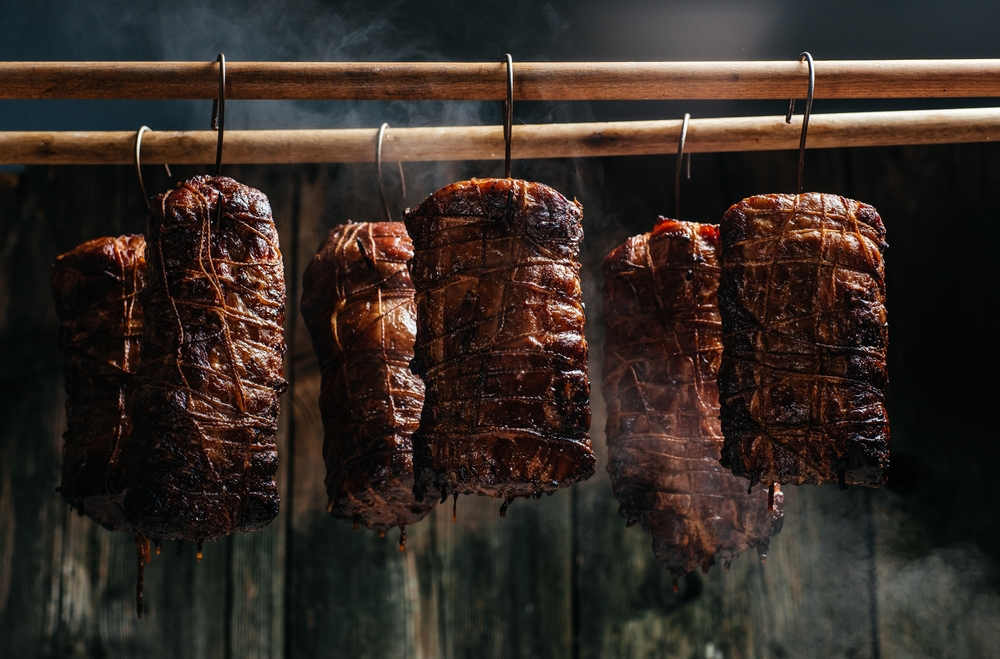




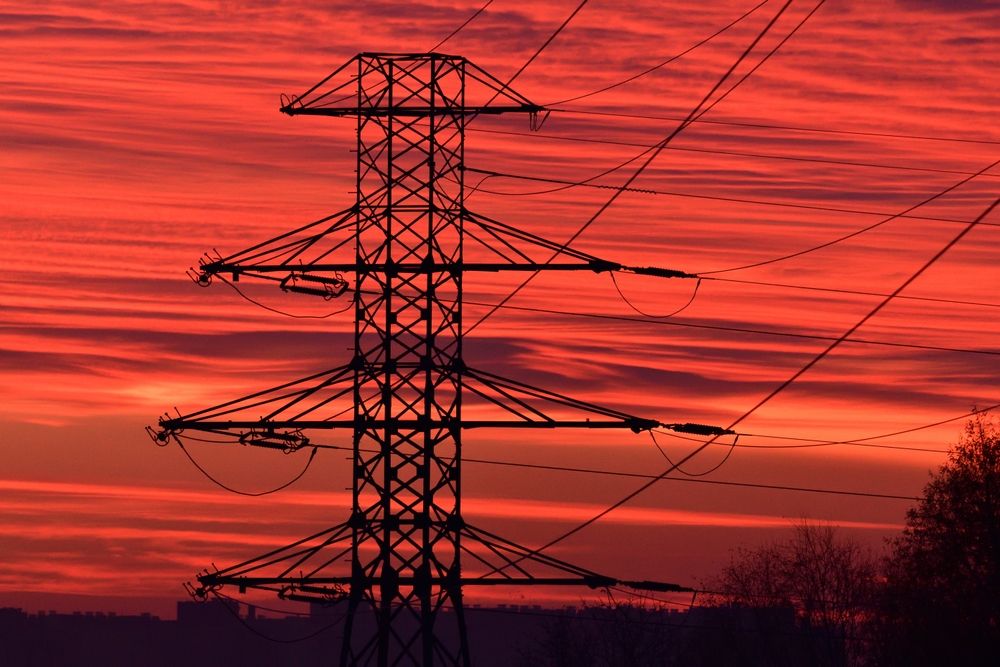













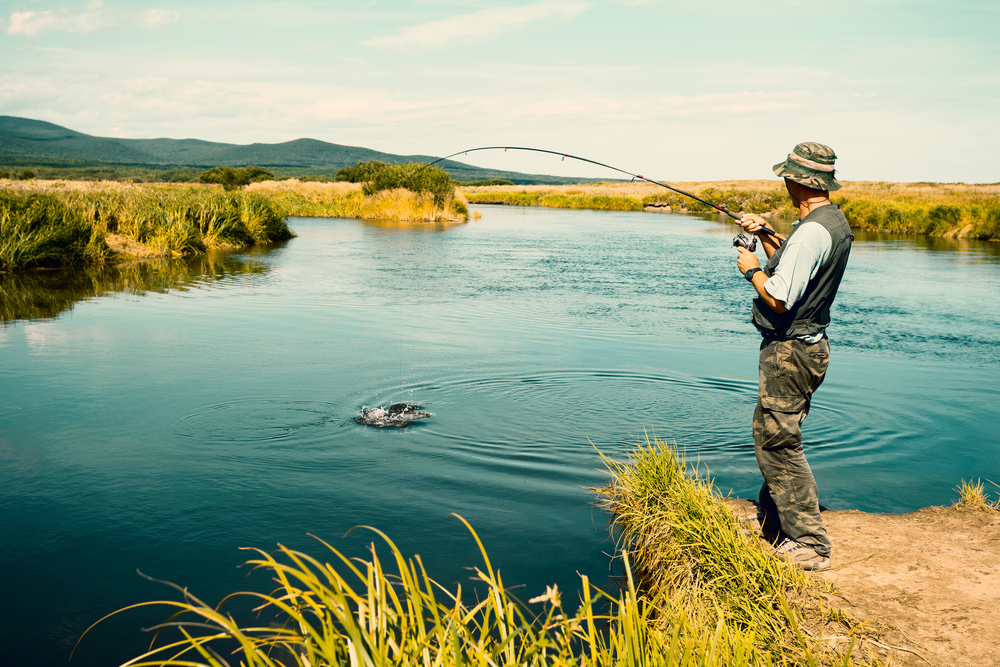

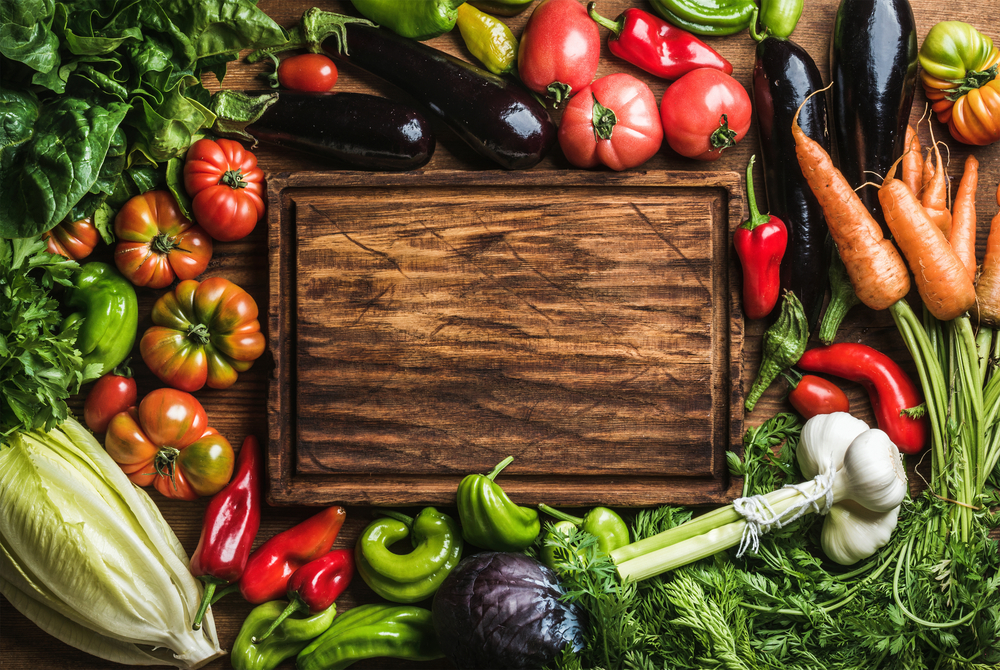
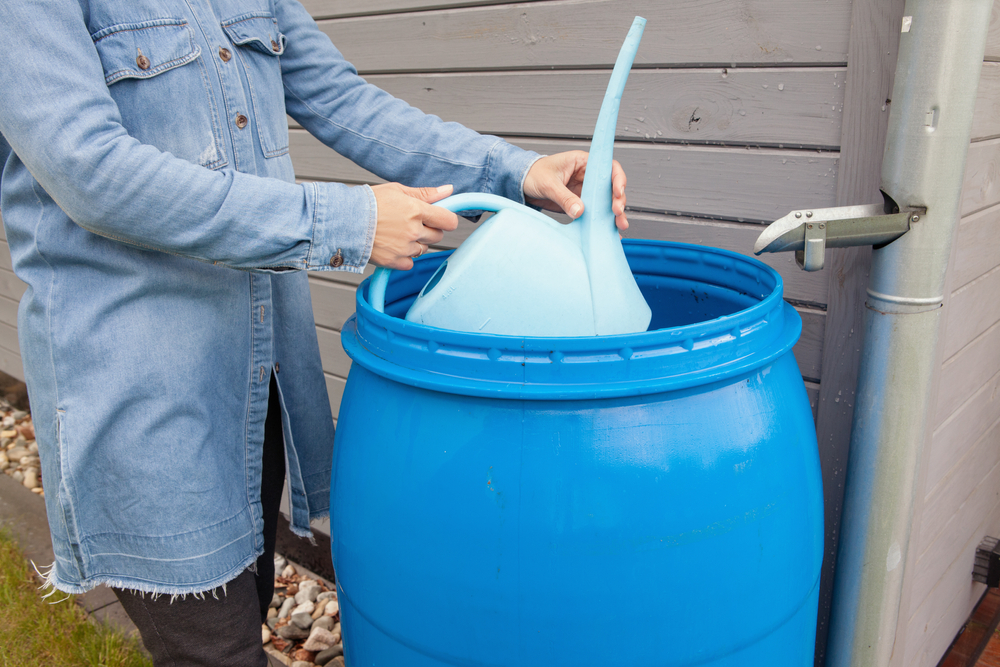
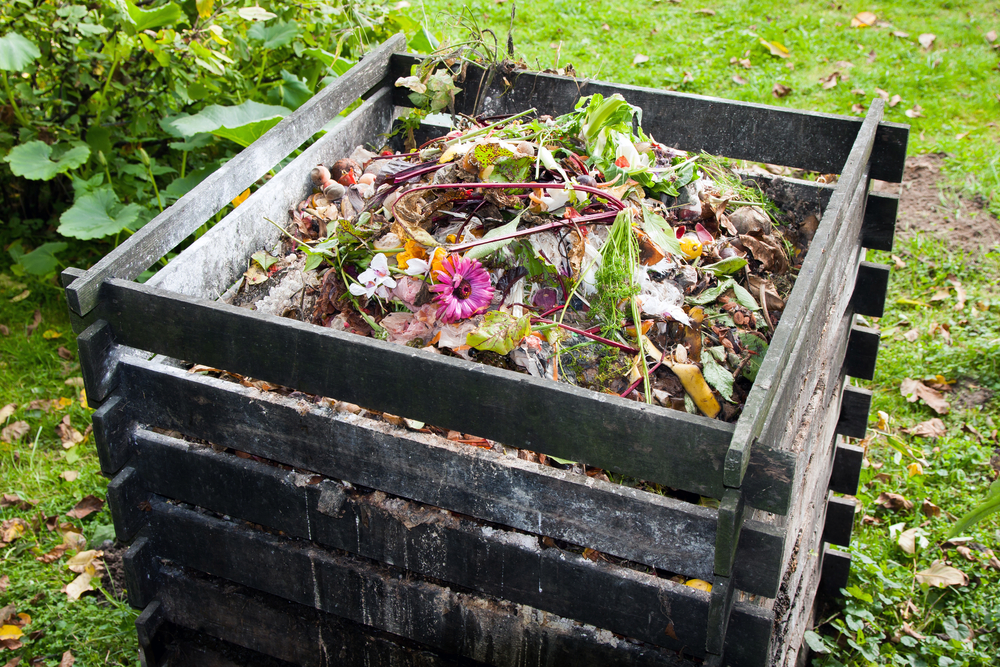
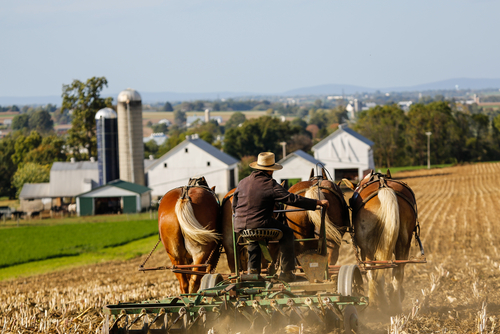
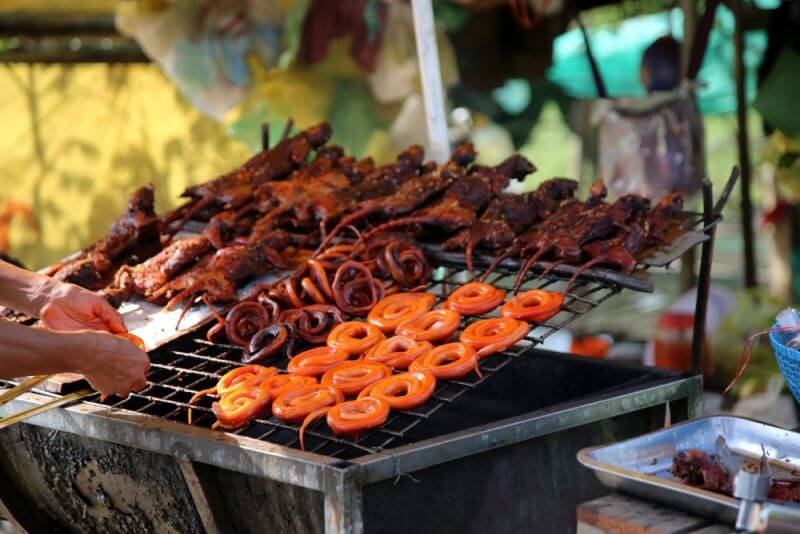












































I have put together a “book” dossier on raising chickens – pretty extensive – taken from nearly 60 years of experience, I will send that to Anyone as a E-Mail attachment – *.docx File when asked to do so. Bill
please send it to me I’m in MN.
Hello, Tanna. You can help me out by giving me an E-Mail Address to send it to. Thanks, Bill
2aol.com BILL PLEASE FORWARD YOUR CHICKEN RAISING INNSTRUCIONS TO
[email protected]
Bill
Please send me your book “Dossier on raising chickens” as a .docx file mail attachment
Hello, Ronald. You can help me out by giving me an E-Mail Address to send it to. Thanks, Bill
Hi Bill.
I will be glad to learn your wisdom about raising chickens.
My email is: [email protected]
Thank you very much Bill.
Best
Micha
I Would like a copy of your book please. [email protected]. Thanks.
Thank you for the nice offer to the comment section. I would appreciate a copy of your “dossier” on chickens. Thank you [email protected]
Hello, Philippe – I am Not Sure if your E-Mail Address is Complete ? ? Let me know, Bill
please send chicken raising instructions. We live in north central Minnesota, any suggestions on what breed of chicken to raise?
Thanks for your help
Tim Johnson
Hello, Tim. Cold climates require some specialized breed choices and attentive care. Read the “Guide Book” carefully – Lots of stuff on Cold weather care. I would recommend the Wyandotte and Rock crosses in particular – Good Layers and Great Meat Birds. I breed and raise my own chicks, using “Game Cock” Roosters – They are Hardy, Strong and healthy, good foragers, accept most nourishing feedstocks, and live longer than most others. I have 10 year old hens that are Still Good Layers. I assume you will provide a complete E-Mail address ! ?
chicken raising ideas, where about in Idaho are you, live in north central Minnesota and need some cold weather ideas for chickens.
PLease send it to me thanks at [email protected]
Bill – thanks in advance for sharing
Best, Gary
Wonderful! Please send to [email protected].
THANKS!!!
Hi Bill, could you send your dossier on raising chickens to [email protected] Thanks. Just retired LEO and starting to prep as a rookie lol.
Hello, Mark and Tammy. It is Great to hear from you, because LEOs are at the Top of my List for Great People, and a Real Asset to their Community. I am almost 80, but I will be around for a while yet to answer questions. I may send the “Book” in 3 or 4 separate sections due to E-Mail Attachment Size Limitations. Take Care and GOD Bless. Bill
Bill, please send me your dosier on raising chickens…my son lost all his to night animal when he forgot to close the gate to the chicken house… my e-mail is [email protected] thank you.
“book” dossier on raising chickens please send it to me
This is very nice of you Bill, When you get a chance please send me a copy to [email protected] Thank you very much Bill
Hi bill
I would greatly appreciate your book on chickens!
Thank you!!!!
Terisa
I would appreciate it also Bill Thanks
Hi Bill- Please send me you chicken dossier. TIA.
Sam
[email protected]
Hello Bill. M alwas looking for more information about my chickens please send me a copy bill
[email protected]
Thanks for sharing your knowledge
Please send me the “book”.
[email protected].
Thanks,
Tom
Bill, I would enjoy the knowledge of your 60 years experience on raising chickens.
[email protected]
Thank you for your service to your fellow man. There are many skills that are just one generation away from being a lost art.
Blessings always,
Carmen Fogerty
I would like to have a copy please! Thank you!
I would love to see what you have done Bill…thank you in advance for all the effort it putting it together and your willingness to share.
Please email a copy of your book about chickens.
Chicken book please [email protected]
My email is [email protected]. Would love to learn more about what not to do with chickens so I can be successful raising them. Thank you for sharing and may God Bless you in Jesus name!
Please send to steeleruss at yahoo.com
Thank you
Hi Bill,
Would love to read your book on chickens, thinking about starting to raise them.
Theres nothing like 60 years of experience.
Thank Marv Ryan
Hi Bill in Idaho. I see you have been swamped with requests for your book on raising chickens. If you have time for one more I would really appreciate it. I have chicken experience and lots of books, but I am interested in seeing your take on this. Thank you so much. [email protected]
Thanks, I would appreciate it! Been raising a small flock for about 10 years, but there’s always more to learn!
I would love a copy but do not understand how to receive one. My email is [email protected]. Please advise. I use to have chicken and I love them. can not wait to be able to get some.
Would love to have your chicken dossier. I will be moving back to the Pacific NW in about 3-4 months to our little farm and plan to have chickens and ducks again. My email is: [email protected]
Thank you in advance.
Didi
Hi Bill,
Would you please add me to your list [email protected]
Thank you for doing this. This might be a second post, I didn’t see the Other one in the comments. They
Would love your book about raising chickens. [email protected]
I would appreciate a copy of your book please. [email protected]. Thanks~
I would like a copy of your pdf as well. [email protected]
Please send me your chicken ‘book’ to [email protected]
Thanks.
Lori Archey
Hello!
Your book and experience would be most helpful please send that to [email protected]
Thank You So Much!
Bill please send your Dosier on Raising Chickens, Thank you.
Bill, thank you in advance for sending your book on raising chickens to [email protected].
Hello,
I’d love to take you up on your offer. Send me the book on how to raise chickens. I want to raise chickens but have no idea or experience on how to raise the little wonderful creatures. self sufficient is my goal . My email is [email protected]
Bill, I would like a copy of your book on raising chickens. I have had a small flock for about a year. All help is much appreciated. My email address is: [email protected]. Thanks Faye in Georgia
I’d love to get the file please! [email protected]
Bill, I am planning on building a chicken coop this winter and can use all the advice I can get for raising chickens. Can you email your document to me at [email protected] if you are still offering it two years after your post.
[email protected]
Thanks!!!
Please send your ebook on raising chickens to [email protected] Thanks. WK
this is very nice of you. thank you, Dave
Would love to have your book on raising chickens. 15 yrs ago I had 126 chickens and 1 rooster. I was finding 41 to 48 eggs a day, they were free ranged so I’m sure there were more. I had a gorgeous garden and also 48 cats who slept in the chicken coop with the chickens. The chickens would chase the cats off to eat their food. Thank you.. I’m a very quiet prepper. My family doesn’t even know.
Greetings Bill,
Can you please email your information on raising chickens, we live in north central Minnesota, what do you suggest for a chicken breed? 60 years experience, that is great!!
Thanks for your help!!
Tim Johnson
Thank you for you generous. I would appreciate a copy of your dossier.
[email protected]
Carol
Bill,
Please email me your dossier on raising chickens. Thank you.
Jim J
Hi Bill, Please send a copy of your book to [email protected] I truly appreciate you sharing your expertise with those of us who are learning. Thank you!
Hi bill
I would greatly appreciate your book on chickens!
Thank you!!!!
Terisa
Hi Bill in Idaho, If you wouldn’t mind sending one more out please, I’d like a copy, too. Thanks, Donna in NJ donna (at) willowmoonherbals.com
Bill, very nice of you to send out your wisdom. Much appreciated. Please send to [email protected].
Thanks,
another Bill
Hello Bill if you are still forward a copy of your Chicken Dossier, I would very much love to receive it.
My email is. [email protected]
Thank you for your sharing.
Hilda
Good Morning Bill,
Please forward a copy of your Chicken Dossier. I plan to start raising chicken in the near future and want to learn all I can before I start.
Thanks,
JR
Hi Bill. Would you please send me your dossier on raising chickens to [email protected]. Many Thanks. Jim.
I raised ducks for a while and found them to be a mess. They wasted far more food than they ate, running my feed costs up and I placed a kiddy pool out for them to swim. What a mess. I butchered them and there was very little meat. I will never have them again. They were free range on about 2 acers.
Chickens on the other hand were great to raise and had all of the benefits mentioned in this great article
Hi Bill I too would like a copy of your work on chickens.
[email protected]
I have 6 ducks in my suburban backyard. They definitely earn their keep with eating snails, slugs, and ants. I chose ducks over chickens because they are less prone to disease, they eat mosquito larva, lay bigger eggs, the drakes don’t crow (or make much of any noise), and they are less sensitive to cold/ light and lay year-round. My ducks are good foragers and I barely need to feed them anything this time of year (like 1-2 cups/ day for all 6). The only issues that I have had with them is one of the drakes chases my dog, they leave feathers all over, and of course have excrement. They are pretty friendly and come running when I call them. I love my ducks!
Bill, what a generous offer to make.. In context with the thoughtful article on raising chickens, I would like to share a small adventure. Many years ago I was afforded an opportunity to work on a very small ranch in central Arizona exchanging room and board for my carpentry skills and general work around the ranch, The wife of the owner raised miniature horses. That would be another fun but separate story, In addition, she raised chickens and ducks. I built and maintained their coops and enclosures. I must agree that there is nothing like fresh chicken or duck eggs (which are considerably larger) for breakfast.
During my early time on the ranch they had an abandoned badly weathered 30′ diameter above ground pool. I offered to remove it and create a garden for growing fresh vegetables. It was a great success. During the conversion to a garden, I pulled up the old plastic and plywood, As I did so, I would liberate hundreds of ground insects which the chickens would absolutely love. They would patiently stand by and wait for me to lift a fresh piece of broken and weathered plastic. The insects simply could not run away fast enough to avoid the chickens!
When the plastic and plywood was completely removed, I began to turn the earth over to begin cultivating the soil. In doing so, I would expose hundreds of earth worms. The chickens and their chicks would wait right beside my shovel as I would turn over the earth and snag the worms. It was amazing to watch them and we had a remarkable association the entire time at the ranch. Whenever I carried a shovel I would soon have a retinue of chickens behind me.
They are not afraid of scorpions either. We had many of them and once again as soon as I would turn over some long standing lumber pile they would hurry in and consume dozens of scorpions as they attempted to escape. And may I add that those chickens are incredibly well-sighted and FAST. When they detect any movement they are on it. They produced an abundance of eggs and after a period of time they began to follow me about as I worked the ranch. They are truly amazing little creatures. Some day when I can manage to leave my urban jungle I would love to raise them.
Again, always a delight to visit this sight and read all these awesome posts. A blessed day to you all.
please send me your chicken info thanks
Bill,
Just starting to raise chicken. At 67 I still think you can teach old dogs new tricks Thanks! [email protected]
We survive raising chickens, rabbits and geese, advantage of geese? cheap to keep as they live off grass, easily washed in manure and they happily wander before returning to bed at night, lovely eggs and good sentries to warn of any unknown visitors but friendly and inquisitive with their owners.
Bill:
What a kind and generous offer. I know nothing about raising chickens, but I want to, so your years of experience will be a great help.
Please send it to [email protected]
Had them all at one time but they’re all gone now except one chicken and some turkeys. Something I think they skipped in this article was bees for the honey.
ATTENTION, EVERYONE . . .
I expect that I will Need to send the “Book” to you in 3 or 4 separate sections (Separate E-Mails) due to E-Mail Attachment Size Limitations.
Many of you DID NOT PROVIDE an E-Mail Address for me to use . . . Send your E-Mail Address to [email protected], please.
ATTENTION AGAIN, EVERYONE . . .
I have had So Many requests for the Book – Booklet – Guide – ?? I would like to place ALL of the E-Mail Addresses on a “Mailing List” – For you who Object to that, just let me know at [email protected] and I will Not put you on it. I have a Massive Project here, so bear with me – Be Patient and Kind – I Will get them to you. I am almost 80 and move kind o’ slow. If you Did Not give me your E-Mail Address to use – your copies will come later. Take Care – Bill
Hi Bill,
I would appreciate a copy of your book on raising chickens. Please email to ‘[email protected]’. Thank you.
Jim
Sorry, but I entered my email address incorrectly. The correct version is ‘[email protected]’. Thanks again.
Jim
Hi Bill,
Bless you for offering your book to all. Would you please add me to your list; I’ve wanted chickens for awhile, but no one to ask about raising & caring for them.
Please email [email protected] Thank you for doing this.
HELLO AGAIN, EVERYONE . . . I Now have 55 E-Mail Addresses and I am putting the mailing list together now. It will take some doing as I am a Slow Old Man. I May get them sent out tonight or tomorrow at the latest. I am keeping Each Attachment fairly small, specifically for All of you using Yahoo or GMail – Hopefully they will go through without a hitch. I Also have about 30+ more Requests who have failed to send me an E-Mail Address to use. I’ll keep an eye out for those. Let me know if you need a format other than the (MS) *.docx file I am sending to you. Comments and Feedback Always Welcome – to [email protected] Enjoy !
[email protected] Please send me your chicken information. Thanks Faye
I would love a copy of that pdf. I want to learn as much as i can before considering adding Chickens to the backyard. [email protected]
Bill, would love a copy of your chicken document. Thanks in advance, Gary
Hi Bill I have a been raising chickens for a short while. I would like to lean more if you could send your book I would appreciate it My e mail www [email protected]
Hello Bill, I appreciate your willingness to share your priceless experience with others. Thank you! Please forward along your book [email protected]
Bill, I’m a Senior and have been raising chickens for about one year. I surely would appreciate your free book on raising chickens. My email address is: [email protected]. Thank you very much for all your hard work in putting this together for us. I’m on fixed income and I can’t afford to buy anything, so this is a blessing. May the Lord Bless you real good. Love & Prayers Faye